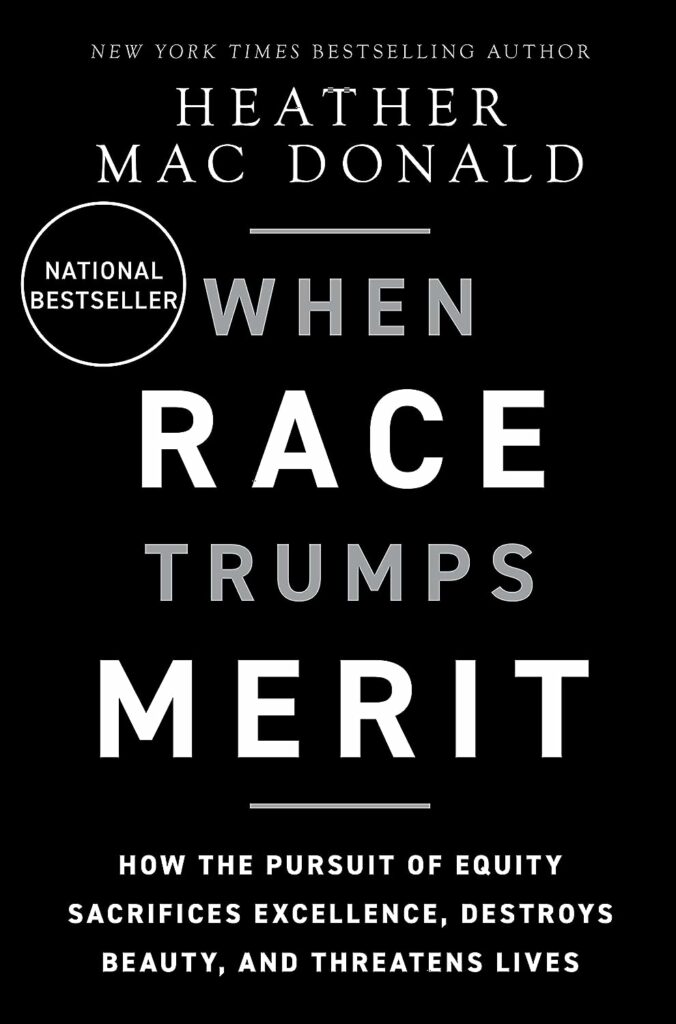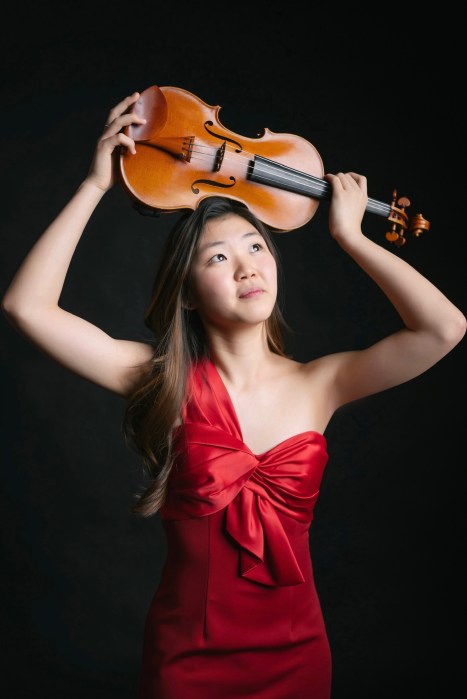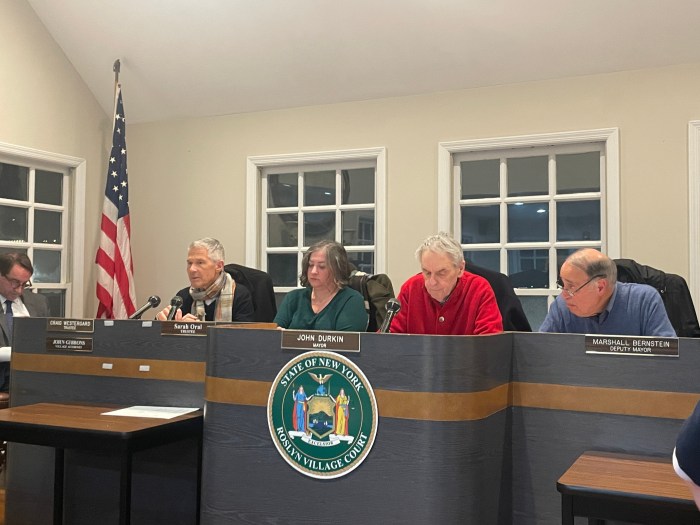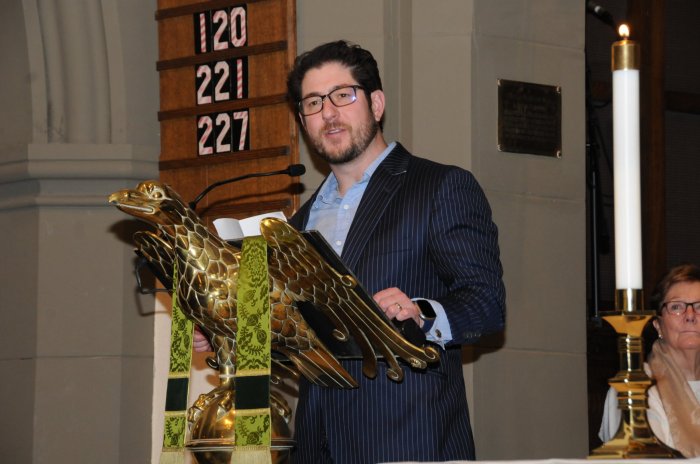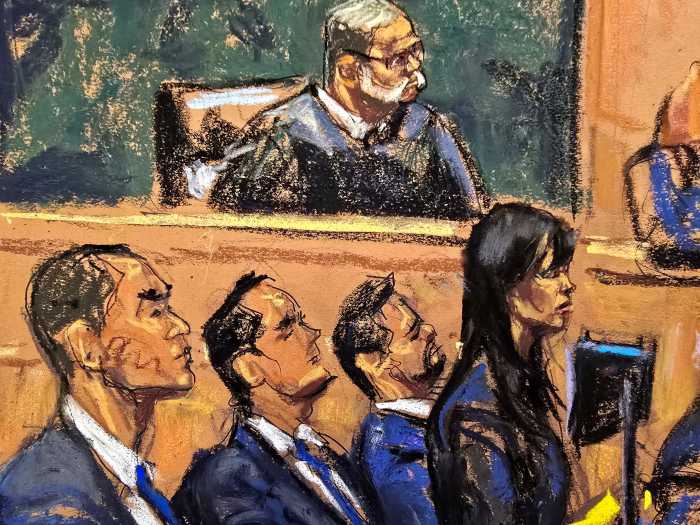Can American civilization survive the death of George Floyd?

War weary Americans would like to move on. Heather MacDonald isn’t so sure.
“The United States is being torn apart by an idea: that racism defines America,” the author asserts in the book’s first sentence. “George Floyd’s death catapulted this claim into national prominence.”
And more.
“The crime wave that began after the death of George Floyd claimed thousands of lives, mostly black, and there is no end in sight to the spreading anarchy.”
MacDonald’s latest is another update on the culture wars, similar to Douglas Murray’s The War On The West. Are such jeremiads too late? The war began in 1987 with the “hey, ho, Western civ has to go” demonstration at Standford University. From there, the culture war has moved from literature to art, music, dance, science and finally, law enforcement.
When Race Trumps Merit is classic Heather Macdonald: Fearless, blunt, scholarly. The volume is mostly journalism. As with Murray, MacDonald doesn’t traffic much in 20th century history. The gloomiest view is the West cannot survive both World War I and World War II. It cannot survive the legacy of National Socialism. Conservatives, however, aren’t that pessimistic.
MacDonald’s thesis is also similar to Christopher Rufo’s: Floyd’s death was a heaven-sent opportunity for the left to obliterate American history for once and all: Taking down statues and monuments, renaming public schools, streets, highways, and military bases.
A guilt trip is an ego trip. Corporate America, educators, academics, businessmen, and politicians can all feel good about themselves while lambasting American history. This also helps such individuals keep their lucrative positions and good-paying jobs. Antiracism is here to stay.
MacDonald’s books are hard-hitting, but not especially reflective. Can a nation be both multicultural and Western at the same time? The author touches on this briefly when she quotes a 2019 Joe Biden speech about the inevitability of mass immigration sweeping the old America into oblivion. That is an exception. For the past 40 years, conservatives have lazily assumed that America remains a Western nation. But if this is not true in all levels of American education, then it’s not so in the public at large.
The most gripping chapter is on crime. MacDonald lists crime after crime against youth after youth all occurring in the wake of Floyd’s death. MacDonald isn’t afraid to tell unspeakable truths: Namely, the racial gap among crime suspects. In New York City, non-Hispanic whites make up one percent of shooting crime suspects. The number for black New Yorkers is 73 percent. MacDonald continues to venture into forbidden territory.
Losing Western culture in literature, the arts, music, and science is one thing. It does represent the loss of beauty in the United States. (MacDonald should have mentioned Richmond, Virginia’s now-destroyed Monument Avenue, plus those of up to 200 other historical statues, for the obliteration of architectural beauty.) Being able to walk the streets during both day and night is another. In the wake of Floyd’s death, crime has spiked if only because police officers, in cities red and blue, are virtually prohibited from doing their jobs for fear of prosecution.
This only reflects long-term trends. The year 1962 represents the cut-off date. That was the year the crime rate took off. It has never ebbed. Anyone who didn’t know by the summers of 1967 and 1968 that the U.S. had reached peak anarchy was snoozing away. Sept. 11, 2001 proved conclusively that the federal government cannot protect its citizens from terrorist attacks. From that day on, it was every man for himself. In the wake of June 2020, firearms ownership skyrocketed. This may not be the America that MacDonald and her conservative colleagues want. What other choice do folks have?
MacDonald sees allies in Asian-Americans, plus a cadre of black conservatives, including Candance Owens. Is it enough? MacDonald, to her credit, offers no false optimism if only, we may add, because the U.S. lacks a political party that stands up for American history.




